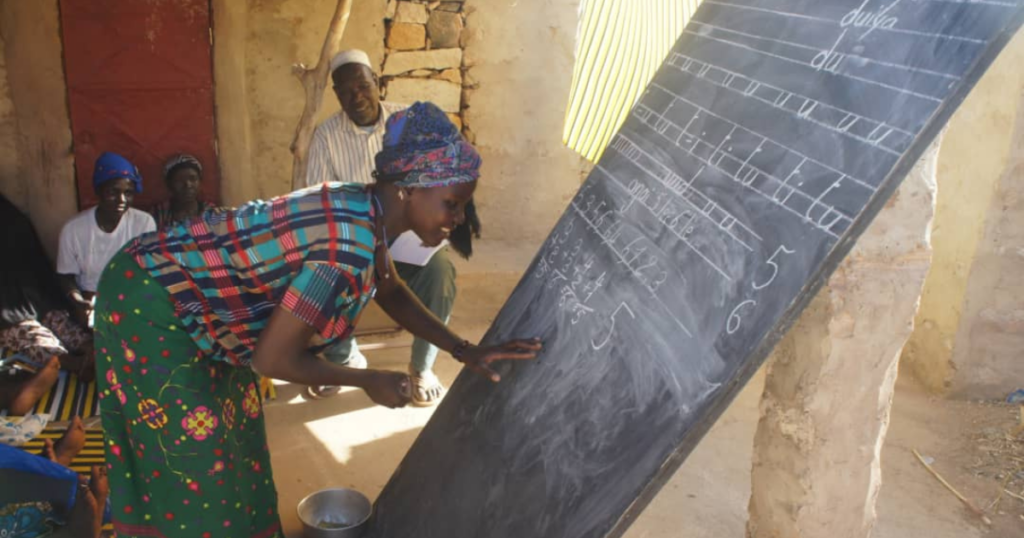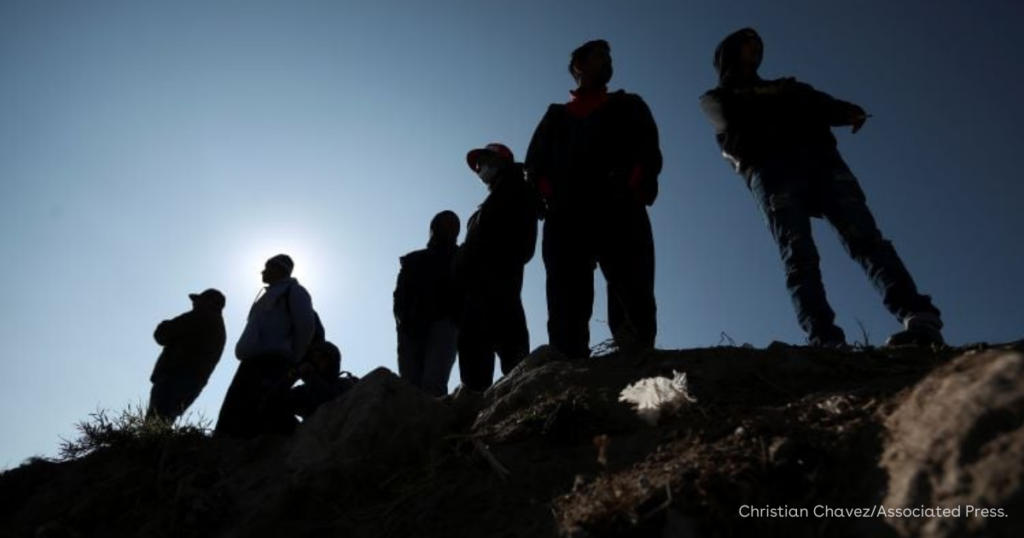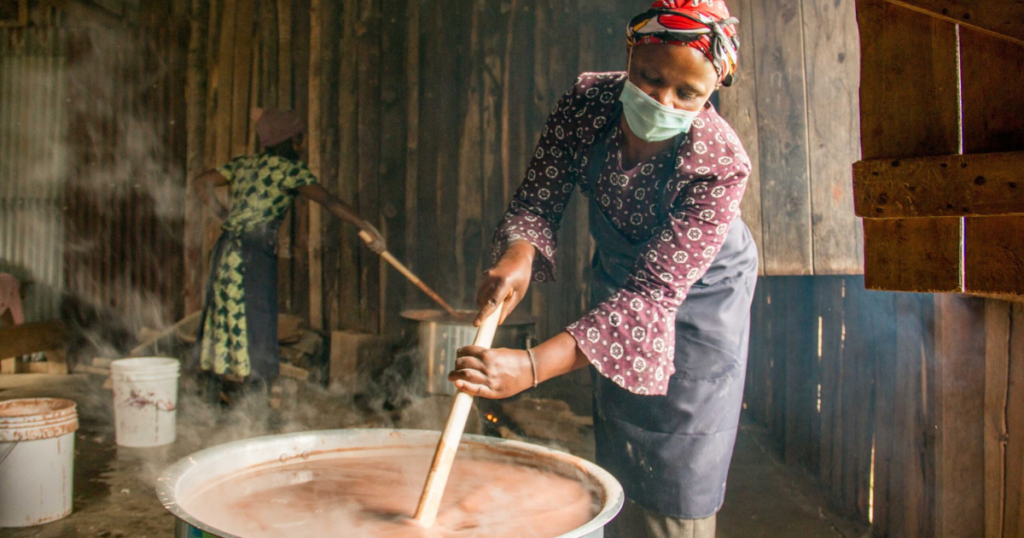Search results for: africa
Horn of Africa Crisis: Putting Compassion Into Action in Africa
 Foundation Beyond Belief’s current focus for our new Humanist Crisis Response Program is the devastating drought and famine in the Horn of Africa. Humanist bloggers, like Jen Hancock, are sharing their reasons for getting involved.
Foundation Beyond Belief’s current focus for our new Humanist Crisis Response Program is the devastating drought and famine in the Horn of Africa. Humanist bloggers, like Jen Hancock, are sharing their reasons for getting involved.
Putting Compassion Into Action in Africa
by Jen Hancock
This past week, USAID asked Foundation Beyond Belief if it could help raise awareness within the non-theist community about the ongoing drought and famine that is occurring within the Horn of Africa. According to USAID this is the most severe drought in 60 years, and the UN has made a formal declaration of famine for Southern Somalia, the only such declaration made in the past 20 years. In other words, what’s going on there is bad. Really really bad.
 Why should you care? Well, if you read my blog it is either because you are a Humanist or Humanistically inclined. And that means that if you think of yourself as a compassionate and ethical person. And if you are, then you should understand that this is a situation that calls out for us to be compassionate. It is estimated that already over 10,000 people have died, with another 11 million at risk of death by starvation. Many have fled to neighboring countries to find food.
Why should you care? Well, if you read my blog it is either because you are a Humanist or Humanistically inclined. And that means that if you think of yourself as a compassionate and ethical person. And if you are, then you should understand that this is a situation that calls out for us to be compassionate. It is estimated that already over 10,000 people have died, with another 11 million at risk of death by starvation. Many have fled to neighboring countries to find food.
I know what you are thinking. Sure I care, but what can I do? Well, you can put your compassion into action, as that is the hallmark of what it means to be a Humanist. We believe that we not only can do something to make a difference but that we have a moral responsibility to do so. In this case, you can donate some money to help with the relief effort.
Read the rest of the post here.
Read MoreCamfed Uses Foundation Support to Help Educate Girls in Rural Africa
 Fourth-quarter child welfare beneficiary Camfed USA gave us this report about how they will use the funds contributed by members of Foundation Beyond Belief. Foundation members donated $2,590 to Camfed last quarter.
Fourth-quarter child welfare beneficiary Camfed USA gave us this report about how they will use the funds contributed by members of Foundation Beyond Belief. Foundation members donated $2,590 to Camfed last quarter.
In sub-Saharan Africa, 24 million girls can’t afford to go to school. A girl may marry as young as 13 and has a one in 22 chance of dying in childbirth. But research shows that if you educate a girl, her life will change dramatically. She’ll earn up to 25 percent more and reinvest 90 percent in her family; be three times less likely to become HIV-positive; and have healthier, better educated children.
Since 1993, Camfed has fought poverty and AIDS in rural Africa by educating girls and empowering young women. A gift of $2,590 from Foundation Beyond Belief is helping educate the next generation of girls in Africa, giving them the tools they need to escape poverty.
Your gift will provide eight girls who would otherwise be forced to drop out of school because of poverty with comprehensive high school scholarships for a year. Camfed’s four-year scholarship program provides a girl with all the school supplies, books, clothing, and mentoring she needs to stay in school and succeed.
 One girl in our program is Febby from Samfya, Zambia, pictured here. Following her father’s death, Febby had to drop out of school for two years to assist her mother with household chores. A local teacher learned of Febby’s plight and nominated her to receive a Camfed scholarship.
One girl in our program is Febby from Samfya, Zambia, pictured here. Following her father’s death, Febby had to drop out of school for two years to assist her mother with household chores. A local teacher learned of Febby’s plight and nominated her to receive a Camfed scholarship.
Febby is now working hard in high school and says, “If I hadn’t been supported by Camfed, I wouldn’t have even learned to read. Knowing that Camfed is there for me gives me courage.”
By making a donation to educate girls like Febby in rural Africa, you are transforming their lives, and those of their families and future generations. We look forward to continued partnership with you in this important work. Thank you!
Warm regards,
Kristin Harrison, Strategic Communications Manager
Camfed USA
The Forked Road Ahead: African Americans for Humanism Conference
 By Sikivu Hutchinson
By Sikivu Hutchinson
Editor of blackfemlens.org
The L.A. Times news item was buried at the bottom of the page in the bloodlessly tiny print reserved for marginalia. A 7-year-old black girl named Aiyanna Jones had been murdered in her sleep by the Detroit police after a military-style raid on her home. In the wake of the shooting, neighbors and loved ones placed stuffed animals in front of the house in memoriam. Rows of stuffed animals stared out from Associated Press photographs of the crime scene in dark-eyed innocence. In black communities across the nation, Aiyanna’s death elicited a firestorm of outrage from activists critical of police misconduct and excessive force. Recalling New York, Los Angeles, Oakland, and scores of other cities where black lives have been cut down by trigger-happy police officers, many condemned the murder as yet another instance of law enforcement’s criminal devaluation of black lives and “inner city” communities.
Read MoreDiversity in Discourse: Challenging Linguistic Imperialism
Language is more than a mere tool for communication—it shapes our identity, carries our cultural heritage, and reflects our understanding of the world. The intricate dynamics of language and power manifest in many ways across societies, particularly through phenomena such as language colonization and linguistic imperialism. Understanding these concepts is crucial for appreciating the complex…
Read MoreHumanitarian Relief for Migrants Needed As Title 42 Ends
May 11, was the final day of the Trump and Biden administrations’ Title 42 policy which denied the basic right to seek asylum at the U.S.-Mexico border for 38 months.
Read MoreMarch Volunteer Network Roundup!
Teams in our Food Security Project (FSP) reported 50 events in March, serving 14,848 individual beneficiaries and giving out 22,467 meals! Additional GO Humanity Service Teams held 19 more service events.
Read MoreQueen Quet, Chieftess of the Gullah Geechee Nation
March is designated as Women’s History Month. It goes back to the early 1900’s, though had been erased until sometime in the 1960’s by an activist who called herself Laura X. This month is set aside to highlight the contributions and legacies of women who have been forgotten or overlooked. This article will introduce a…
Read MoreSoul Food: Beyond February
Soul! You gotta have soul! The term soul is used to identify a genre of music and food in African American culture. Soul is to have a joyous emotion. It points to a feeling and way of life—and that feeling is used in dancing, singing, and even cooking! This goes beyond any month—it’s a genre.…
Read More






